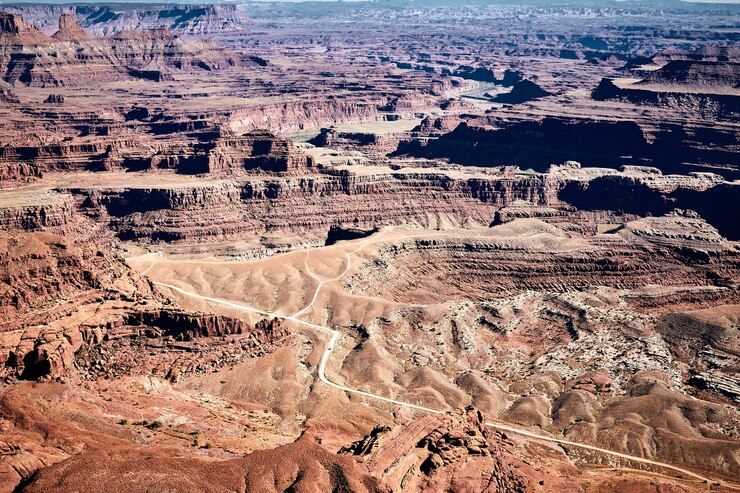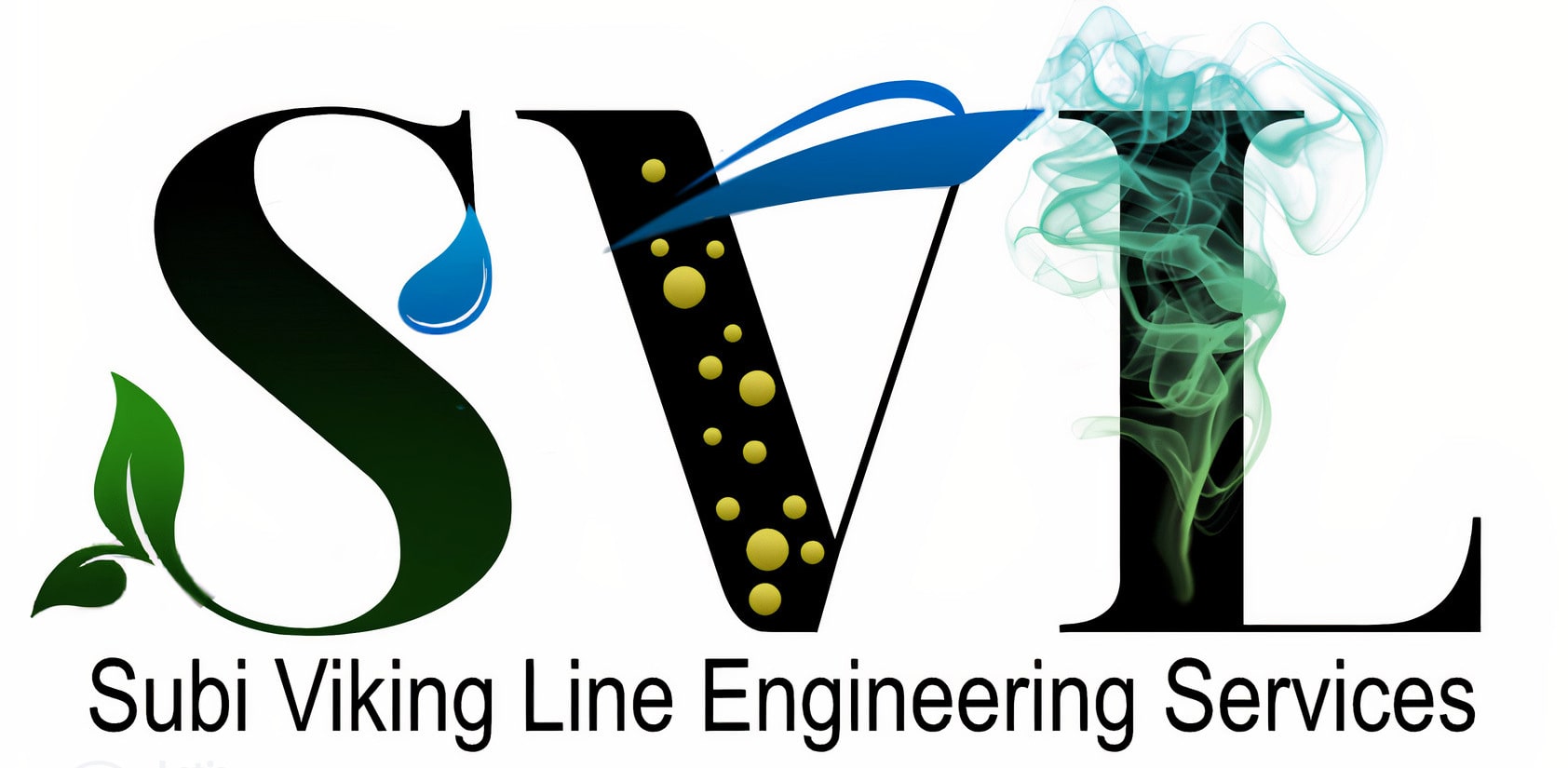Mining is a significant industry in Western Australia, contributing to the state’s economy and providing employment opportunities for local communities. The state is rich in natural resources, including iron ore, gold, nickel, and other minerals, which are mined through both open-pit and underground mining operations.
Iron ore is the largest mineral commodity produced in Western Australia, with major iron ore mines located in the Pilbara region. The Pilbara is also home to significant deposits of other minerals, including copper, gold, and lithium. The gold mining industry is also a significant contributor to the state’s economy, with gold mines located in several regions, including the Goldfields-Esperance region.
Mining in Western Australia is subject to strict regulations to ensure that it is conducted in a safe and responsible manner. These regulations cover areas such as environmental management, workplace health and safety, and community engagement. The state government also has policies in place to encourage sustainable mining practices, including the use of renewable energy sources and the promotion of resource efficiency and recycling.
The mining industry in Western Australia has provided significant economic benefits to the state, including employment opportunities and the generation of government revenue. However, it also poses environmental and social challenges, including the potential for impacts on local ecosystems and communities. As such, it is important that mining operations are managed in a responsible and sustainable manner, taking into account the social, environmental, and economic considerations of the local communities and ecosystems.

- February 20, 2023
- SVL Updates
- SVL Admin
- 0 Comments
